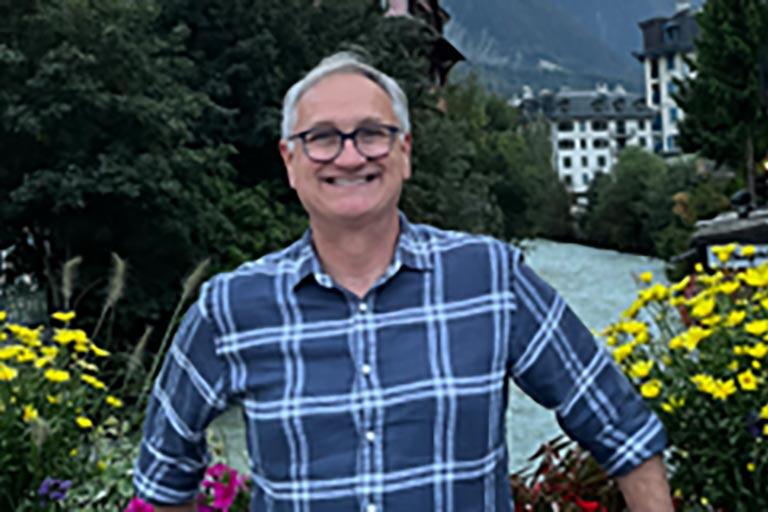Jeff Reimer received his bachelor’s degree (with honors) from the University of California at Santa Barbara, and his doctorate from the California Institute of Technology. After his postdoc at IBM Research in New York he joined the Berkeley faculty, ultimately becoming the C. Judson King Endowed Professor and the Warren and Katharine Schlinger Distinguished Professor and Chair of the Chemical and Biomolecular Engineering Department. In July of 2022 he relinquished his active duty roles and is presently a Distinguished Professor of the Graduate School. Professor Reimer has won the UC Berkeley Distinguished Teaching Award, the highest award bestowed on faculty for their teaching; he was also awarded the Warren K. Lewis Award of the AIChE for his contributions to chemical engineering education. His research generates new knowledge for environmental protection, sustainability, and provides fundamental insights to condensed matter via materials chemistry, physics, and engineering. He is recognized for these works by election as a Fellow of the American Association for the Advancement of Science, a Fellow of the American Physical Society, and a Fellow of the International Society for Magnetic Resonance. In 2015 he received a Research Fellowship from the Alexander von Humboldt Foundation. In addition to his research publications, Professor Reimer is co-author (with T.M. Duncan) of the introductory text Chemical Engineering Design and Analysis (Cambridge University Press, 2nd edition, 2019), and the text Carbon Capture and Sequestration (with Berend Smit, Curt Oldenburg, Ian Bourg, World Scientific Press, 2013). Visit the Reimer Group website to learn about Jeff's teaching philosophy.
Materials chemistry, applied spectroscopy, alternative energy, nuclear spintronics
The goal of Professor Reimer's research is to generate new knowledge that will deliver environmental protection, human sustainability, and fundamental scientific insights via materials chemistry, physics, and engineering. He seeks to prepare researchers that will go on to become leaders in industry, academia, and government. His group is comprised of experimentalists that use many different tools for their research, yet retain special expertise and interest in magnetic resonance (MR) spectroscopy and imaging. Professor Reimer's most recent scholarly works span a range of materials studies, including the structure and proprieties of metal organic frameworks for carbon capture and electrical and optical control of nuclear polarization in semiconductors.

